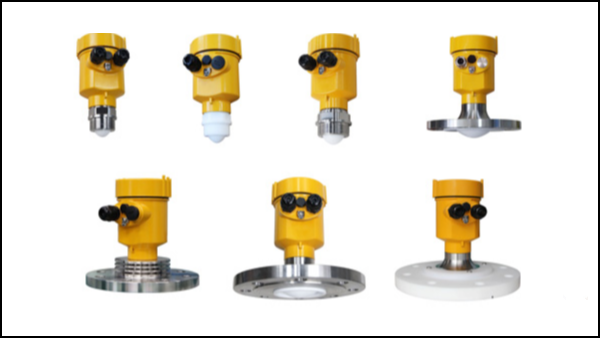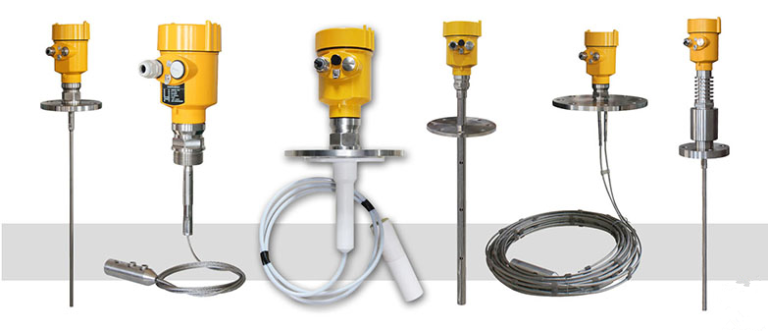There are two key technologies in guided wave radar level meter, one is time domain reflection technology, and the other is equivalent time sampling technology, today we will learn about these two technologies.

I. Time Domain Reflection Technology
The measurement method used by guided wave radar level meter in level detection is TOF, i.e. travel time propagation measurement method.
Time domain reflection technology has been in existence since the 1930s. In 1931, researchers in the United States were the first to apply TDR technology to the location and identification of cable line defects in the power and communication industries. It has since been used in a wide range of disciplines, including geology and soil science, for accurate and convenient measurements and monitoring of soil moisture and hydrological characteristics.
The most attractive feature of TDR technology is that it can be used to determine the spatial location and properties (dielectric constant) between different substances, so this measurement technology was naturally applied to industrial production.
It was only in the 1960s that the first patent for level measurement using the TDR principle was issued, and in the 1980s, U.S. Navy engineers developed a TDR-based level measurement system before a number of commercial manufacturers of level measurement instruments emerged after another.

II. Equivalent time sampling technique
The key to this measurement method is to measure the time difference between the transmitted and received signals. Since the resolution of the measurement distance of the guided-wave radar level meter is very high, generally millimeter level, if the pulse counting method is used directly to detect the pulse received signal within one cycle, it is difficult to get a high resolution even if the maximum sampling frequency is used for real-time sampling, so it is impossible to achieve the accurate level measurement.
In order to obtain a higher sampling frequency, the general method is to use equivalent time sampling, but the sampled signal is required to be repeated periodically.
Compared to real-time sampling, the results are the same as those achieved by real-time sampling, except that the signal transients are not available.
For this measurement method, the reference clock in the system can be used to control the emitted signal. For the guided wave radar level meter, the pulse signal is emitted at a higher frequency, and the level changes slowly, which can meet the conditions of equivalent time sampling in time.
